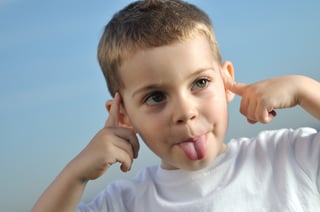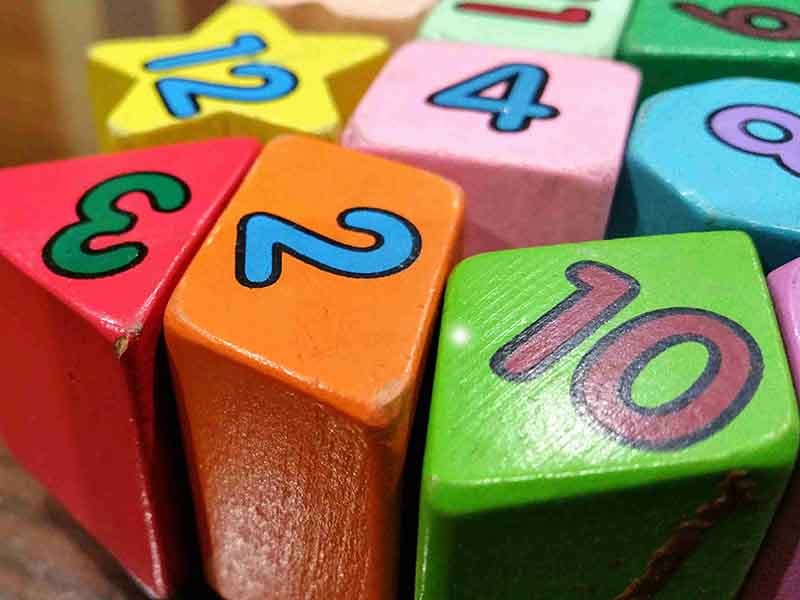
Gifted children are often discussed in terms of their intellectual ability and rarely in terms of their behaviors, needs, difficulties and feelings. This often oversimplifies their capabilities; disregards the barriers they face and fails to provide them with the strategies needed to help them reach their full potential. Based on the research of Maureen Neihart & George Betts (2010), the following provides examples of giftedness. Parents can look to these examples to assess for giftedness in their children and individualize their needs.
The Successful
Characteristics
- Complacent
- Dependent
- Well liked
- High self-esteem
- Self-Critical
- Hardworking
- Eager for approval
- Driven by external reward
- High IQ & Standardized test scores
Behaviors
- High achieving
- Prefers teacher approval
- Avoids risks
- Accepts and Conforms
- Gets excellent grades
- Consumes knowledge
Needs
- To be challenged
- To learn to accept deficiency
- To take risks
- Assertiveness skills
- Independent learning skills
 The Creative
The Creative
Characteristics
- Highly creative
- May have domain specific strengths
- High IQ
- Easily bored and frustrated
- Impatient & Defensive
- Sensitive
- Follows inner convictions
- Energetic
Behaviors
- Expressive
- Challenges authority
- Is honest and direct
- Emotionally reactive
- May be in conflict with peers
- Stands up for convictions
Needs
- To relate to others
- To learn tact, flexibility, self-awareness and self-control
- Support for creativity
- Less pressure to conform
- Interpersonal skills to learn how to deal with others
- Strategies to cope with potential psychological vulnerabilities
The Underground
Characteristics
- High scores on non-verbal measures of intelligence
- Desire to belong
- Feel unsure & pressured
- Unsure about achievement
Behaviors
- High IQ and grades
- May deny talent
- Refuse gifted or advanced classes
- Reject challenges
- Moves from one peer group to the next
- Not connected to the teacher or the class
Needs
- Freedom to make choices
- Help with understanding conflict
- Gifted peer group network
- Support for abilities
- Role models
- Self-understanding & self-acceptance
- To be heard
 The At-Risk
The At-Risk
Characteristics
- High IQ
- High achievement test scores
- Resentful & angry
- Poor self-concept
- Defensive
- Unrealistic expectations
- Unaccepted
- Resistive to authority
- Not motivated for teacher driven rewards
Behaviors
- May create crises and cause disruptions
- Thrill seeking
- Intermittent Attendance at School
- Pursues outside interests
- Low academic achievement
- May be self-isolating
- Often creative
- Criticizes self and others
- Produces inconsistent work
Needs
- Safety and structure
- An alternative environment to learn
- An individualized program
- Confrontation and accountability
- Alternatives
- Professional counseling
- Direction and short term goals
The Autonomous Learner
Characteristics
- High Standardized test scores
- May be well liked and nominated for giftedness programs by teachers and peers
- Self-confident
- Self-accepting
- Optimistic
- Self-motivated
- Ambitious & excited
- May not view academics as highest priority
- Willing to fail and learn from it
- Shows tolerance and respect for others
Behaviors
- Appropriate social skills
- Works independently
- Sets SMART goals
- Seeks challenges
- Strongly self-directed
- Follows strong areas of passion/interest
- Good self-regulators
- Stands up for convictions
- Resilient
Needs
- More support not less
- Advocacy
- Feedback about strengths & possibilities
- Facilitation of continuing growth
- Support for risk-taking
- On-going, facilitative relationships





